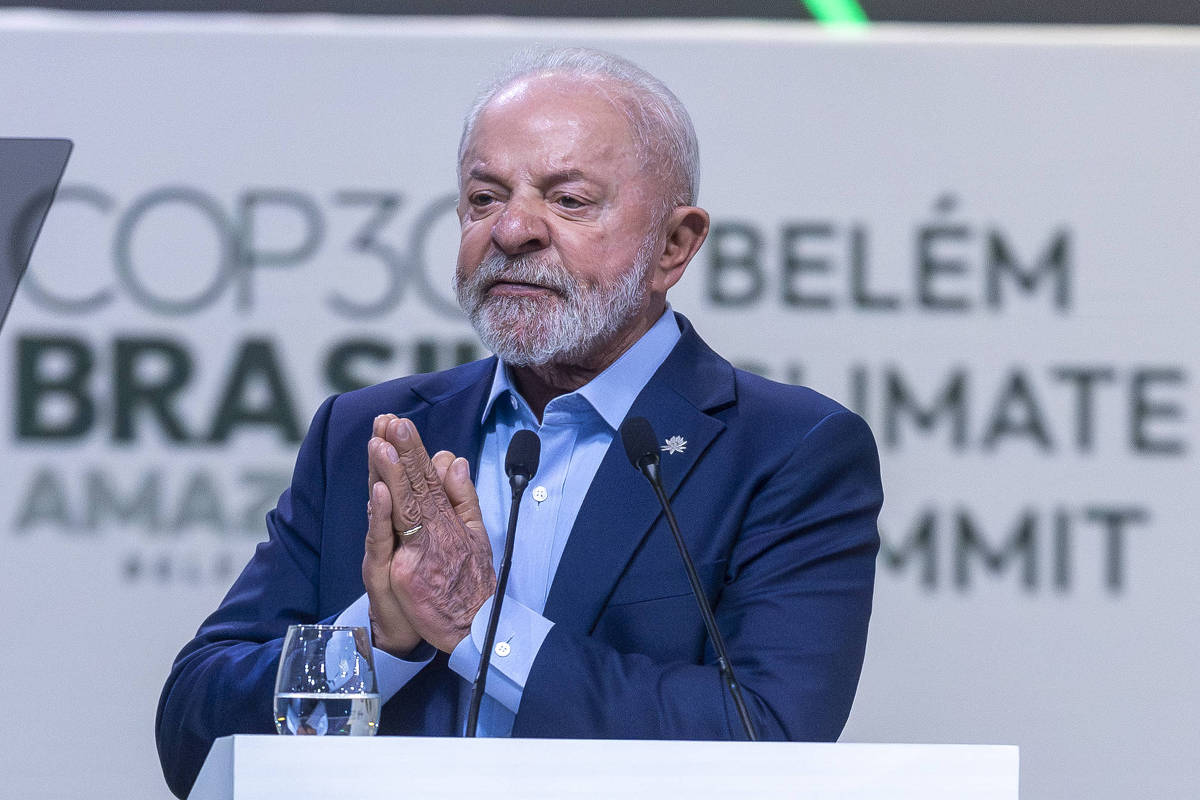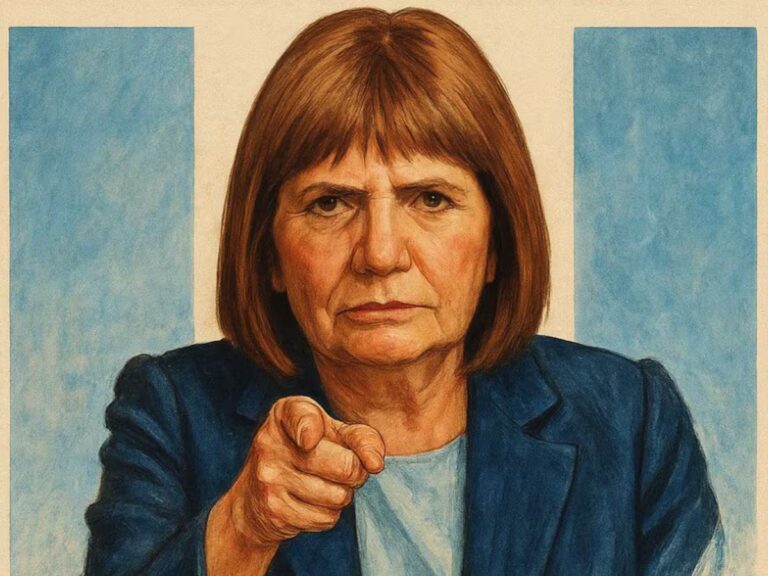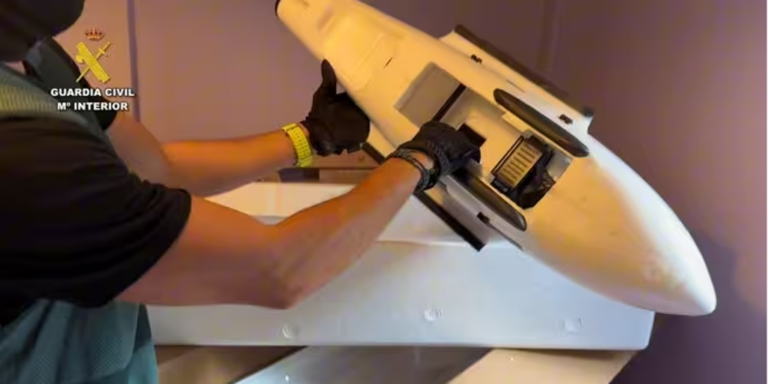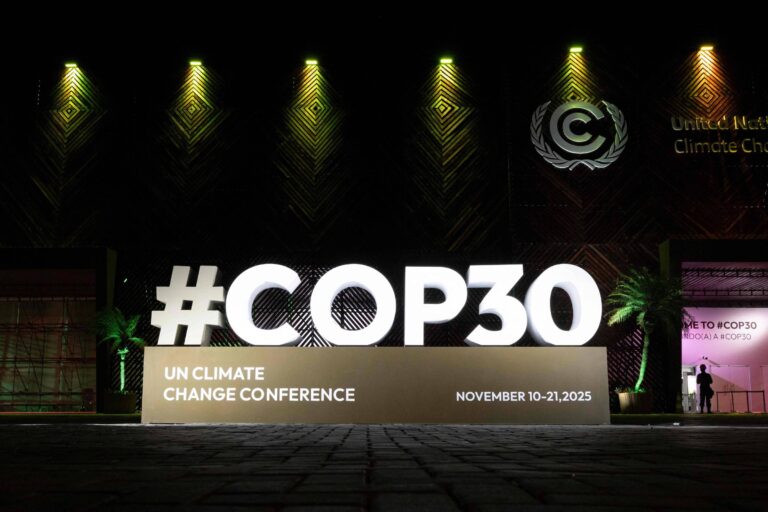
A new round of the Genial/Quest survey, published this Wednesday (12th), shows that 31% of Brazilians rate the Lula (PT) government positively, while 38% think negatively. A further 28% were classified as regular by management and 3% were unable to respond.
Although the change is within a 2 percentage point margin of error, the curve has numerically reversed compared to October, when PT members recorded 33% positive ratings and 37% negative ratings. The difference between the two indicators, which was tied at the upper end of the margin, is now back to 7 percentage points.
From November 6th to 9th, 2,004 face-to-face interviews were conducted in 120 local governments nationwide.
The president’s personal approval rating for his job is 47% and his disapproval rating is 50%, a difference that constitutes a technical nexus. As of October, 48% approved and 49% disapproved.
Support remains strong in the Northeast (59%), those who have completed primary school (55%) and those earning up to twice the minimum wage (54%). Disapproval was highest among evangelicals (58%).
The survey found that 49% of those interviewed believed Lula had no good intentions, while 44% said the opposite. Regarding the fulfillment of campaign promises, 63% of respondents said that the president has not been able to fulfill them, and 32% believe that he has been able to fulfill them.
For 46% of Brazilians, news about the government was more negative. Another 29% said they noticed more positive news, and 22% said they never saw news about executives.
The figures were announced in the aftermath of a police operation in Rio de Janeiro that left 121 people dead. The topic of security has gained centrality in recent weeks and has come to dominate political discussions. In the face of that impact, the federal government and the PT’s allies are trying to fight for space in an area historically associated with the right.
One of Lula’s most influential statements was that “drug traffickers are also victims of drug users.” Following the negative reaction, the president retracted what he said in a publication about X, saying he had made “inappropriate statements.”
According to the survey, 81% of Brazilians disagree that drug dealers are victims of users, while 14% agree. For 51%, this phrase expressed Lula’s sincere opinion. 39% think it was a misunderstanding.
PT members later classified the operation as “disastrous.” 57% disagree with Lula on this point, while 38% agree.
Regarding the coalition of right-wing governors who announced the creation of a consortium to fight organized crime after the Rio operation, 47% of those interviewed said they were taking political action. A further 46% believe it can effectively help reduce violence. According to the survey, 3% refer to both.
Among the group’s members, Governor Claudio Castro (PL-RJ) is cited by 24% as the person who has performed best so far. It is followed by Tarcisio de Freitas (Republicanos-SP) with 13%. Ronaldo Caiado (União Brasil-GO), 11%. Romeu Zema (Novo-MG), 5%. Jorginho Melo (PL-SC), 3%. Selina Leanne (PP-DF) and Eduard Riedel (PP-MS), both 2%. Another 9% said none of them stood out to them, and 31% said they didn’t know how to respond.
Sixty-seven percent of participants said they were in favor of the surgery, compared to 25% who were against it. Additionally, 67% believe that police do not exaggerate their use of force, while 29% believe that they do not actually exaggerate their use of force. Fifty-five percent said they don’t want similar behavior to happen in their state, while 42% want it.
The Genial/Quaest study interviewed 2,004 people in 120 municipalities from November 6 to 9, 2025. The margin of error is plus or minus 2 percentage points.
Margin by group (percentage points):
- Educational background: up to primary education (4 people), completed secondary education (3 people), completed higher education (4 people)
- Income: Minimum Wage up to 2 (4), 2 to 5 (3), Above 5 (4)
- Religion: Catholic (3), Evangelical (4)
- Regions: Southeast (3), Northeast (4), South (6), Midwest/North (5)



